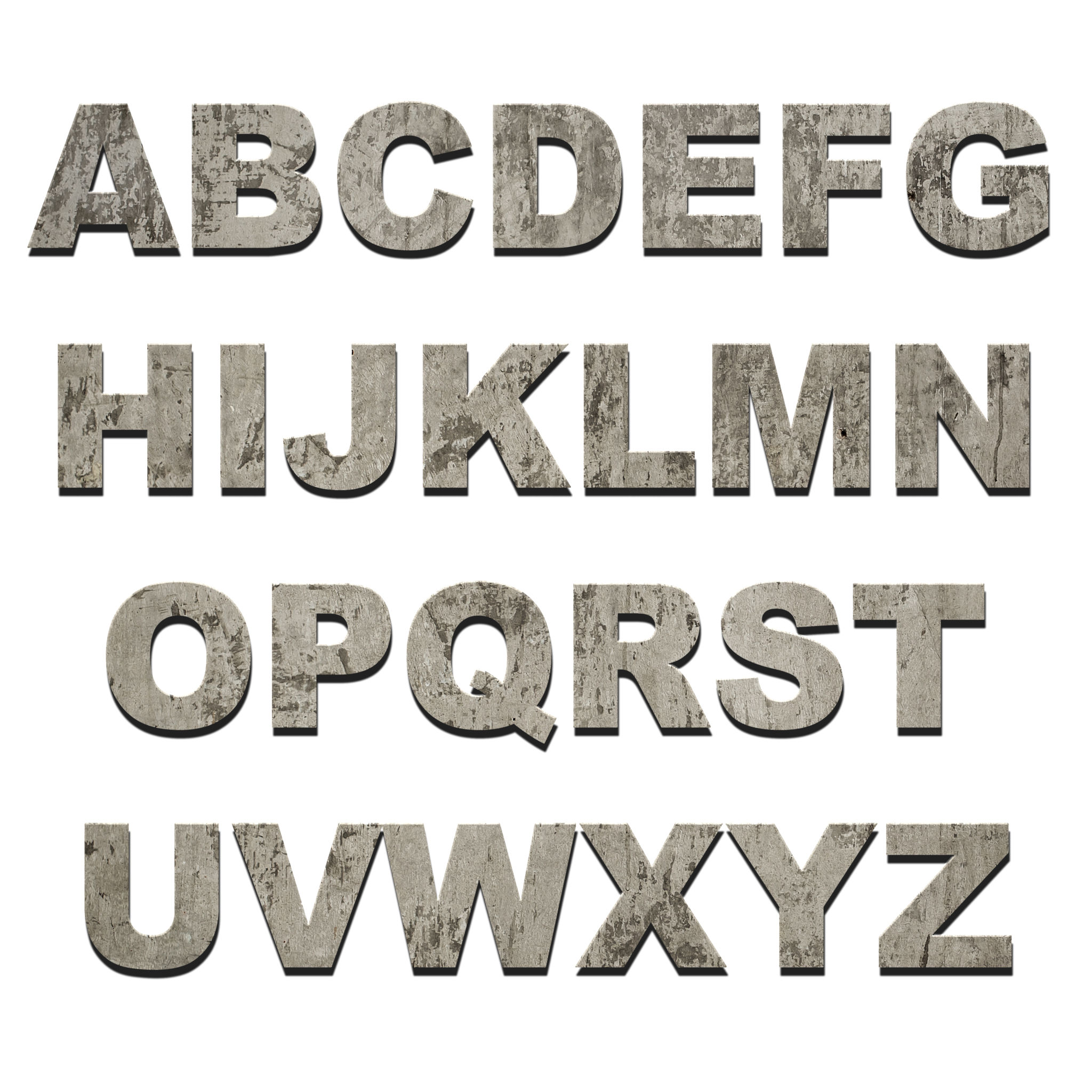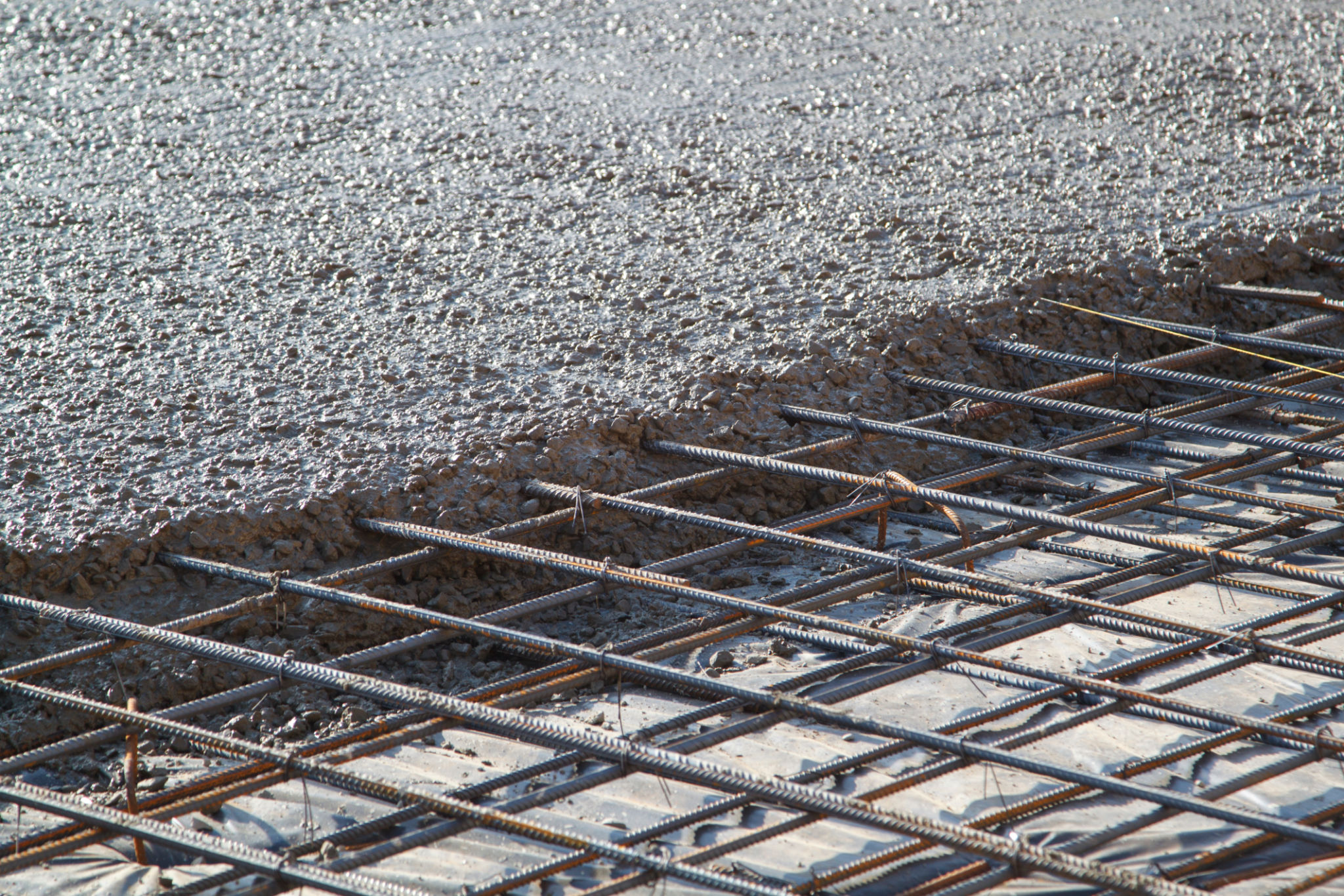Comparing Concrete Types: Which is Best for Your Project?
Understanding Concrete Types
When embarking on a construction project, choosing the right type of concrete is crucial for ensuring durability, strength, and overall success. With various options available, each concrete type serves specific purposes and offers unique benefits. Understanding these differences will help you make an informed decision that best suits your project's requirements.
Concrete is renowned for its versatility and strength, making it a popular choice for diverse applications. From residential driveways to towering skyscrapers, concrete's adaptability is unmatched. However, not all concrete mixes are created equally. It's essential to compare the different types of concrete to determine which is best suited for your specific needs.

Standard Concrete
Standard concrete, also known as normal strength concrete, is the most commonly used type in residential and commercial projects. It's made from a mixture of cement, water, and aggregates like sand and gravel. This type is suitable for most general construction purposes due to its adequate strength and workability.
Typically, standard concrete has a compressive strength of 20 MPa to 40 MPa. It's ideal for applications like pathways, house foundations, and minor structural projects. However, it might not be the best choice for heavy-load structures or environments with extreme weather conditions.
High-Strength Concrete
If your project demands enhanced durability and load-bearing capacity, high-strength concrete could be the answer. This type of concrete achieves a compressive strength greater than 40 MPa by using lower water-cement ratios and incorporating silica fume or fly ash into the mix.

High-strength concrete is perfect for constructing high-rise buildings, bridges, and heavy industrial structures. Its improved resilience to environmental factors and reduced permeability make it an excellent option for areas prone to harsh climates or chemical exposure.
Lightweight Concrete
Lightweight concrete is characterized by its lower density compared to conventional concrete. By incorporating lightweight aggregates like expanded clay or shale, this type of concrete reduces the overall weight of structures without compromising strength.
This makes lightweight concrete ideal for building projects where weight reduction is crucial, such as roofing slabs or soundproofing floors. Additionally, its thermal insulation properties enhance energy efficiency in buildings.

Specialty Concrete
Beyond the more common types, specialty concrete offers solutions tailored to specific project needs. These include:
- Self-Consolidating Concrete (SCC): Known for its high flowability, SCC fills complex forms without the need for mechanical vibration.
- Pervious Concrete: Allows water to pass through, making it ideal for environmentally-friendly pavements and drainage systems.
- Fiber-Reinforced Concrete: Incorporates fibers to enhance tensile strength and crack resistance.
Each of these specialty concretes serves a distinct purpose, catering to the evolving demands of modern construction projects.
Choosing the Right Concrete for Your Project
When deciding on the best type of concrete for your project, consider factors such as load requirements, environmental conditions, and specific structural needs. Consulting with a structural engineer or construction professional can provide valuable insights tailored to your project's unique characteristics.
Ultimately, the right choice of concrete will ensure your project's longevity, efficiency, and safety. By understanding the different types of concrete available, you can make informed decisions that align with your construction goals.
